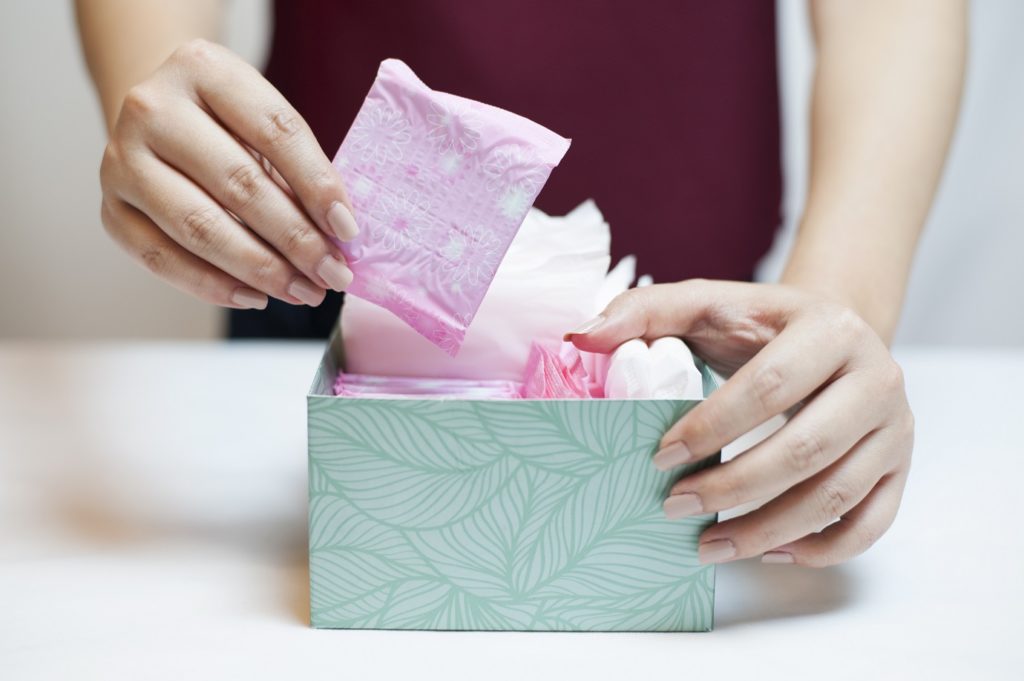The NSW Department of Education has revealed it will trial a pilot program providing free pads and tampons to students to counter period poverty in the state.
NSW Education Secretary Mark Scott told a budget estimates hearing on Wednesday that the NSW government is currently looking at how they can “effectively roll this out” and that more details will emerge soon.
The move from the NSW education department comes after other states, like South Australia and Victoria, have introduced programs ensuring public school students have access to free period products.
The announcement also follows an international trend towards easier access to period products, with countries like England and New Zealand making them free in schools. Scotland has also become the first country in the world to introduce a nation-wide scheme making period products free to all people who need them.
This year, co-founder of not-for-profit enterprise TABOO, Isobel Marshall, was named Young Australian of the Year, in recognition of her work to fight period poverty in the developing work and menstrual stigma in Australia. She has firmly placed the issue of period poverty on the national agenda.
“In Australia … period poverty does exist, whereby students don’t have access to product, but it can also just look like having to miss a day off work because of your period,” she said, after being named Young Australian of the Year.
Last year, a QUT study, in partnership with Share the Dignity, investigated the extent to which period poverty is a hidden problem in Australia. It found teachers were often donating period products to students at school, girls reported using rolled up toilet paper or socks in the absence of appropriate products and there was a general lack of knowledge about menstrual hygiene among students.
It suggested reducing period poverty could reduce school absenteeism, reduce shame and embarrassment, and improve physical and mental health for students.
It’s also an area that is chronically under-researched, with the QUT study suggesting further research into period poverty in Australia is needed.
“Unfortunately, what is a basic human right is often seen as a taboo topic,” researcher Dr Ruth Knight said.

